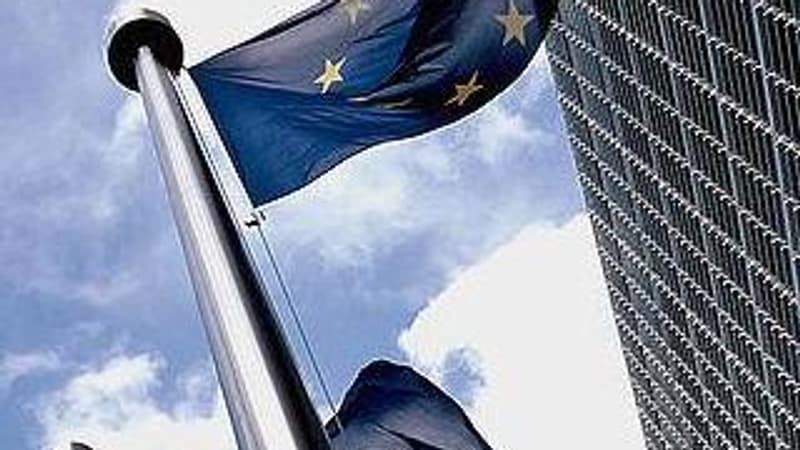The growth of loans granted by banks to the private sector in the euro zone fell again in January, a sign that ongoing monetary tightening to tame inflation is producing the expected effects, the European Central Bank said on Monday. Credit to the private sector, adjusted for certain strictly financial operations, grew by 4.9% in one year, that is, the fourth consecutive month of decline, the rise in rates causing a slowdown in demand for credit.
This development bodes well for further reductions in inflation in the coming months. The aggregate already slowed in January for the third consecutive month after its all-time high of 10.6% in October. But the euro’s guardian institution still has a ways to go before the price rise returns to the 2% target.
It has already announced that it should raise rates by half a percentage point in March, and it will take “more rate hikes if necessary” to bring inflation to the target and that “at all costs,” the president of the institution said on Monday. Christine Lagarde in an interview with the Indian newspaper Economic Times.
Home loans decline in volume
A sign that monetary tightening is gradually passing through to bank credit, loans granted to companies moderated their growth in January to 6.1% year-on-year, that is, a fall of 0.2 pp in one month. This decrease refers mainly to loans granted to finance operating costs increased by the energy crisis.
The growth of loans granted to households also slowed down by 0.2 percentage points, to 3.6%, continuing the slowdown observed since mid-2022. In particular, housing loans, made more expensive by the rise in rates of interest, decreased in volume by 0.8%.
The main monetary aggregate M3, used by the ECB as a leading indicator of inflation, also continued to slow, rising by just 3.5%, the lowest value since August 2018. This aggregate includes currency in circulation, Loans of more than two years as well as household and business deposits had grown more than 10% during the Covid pandemic and the explosion in demand for financial aid that followed.
Source: BFM TV


